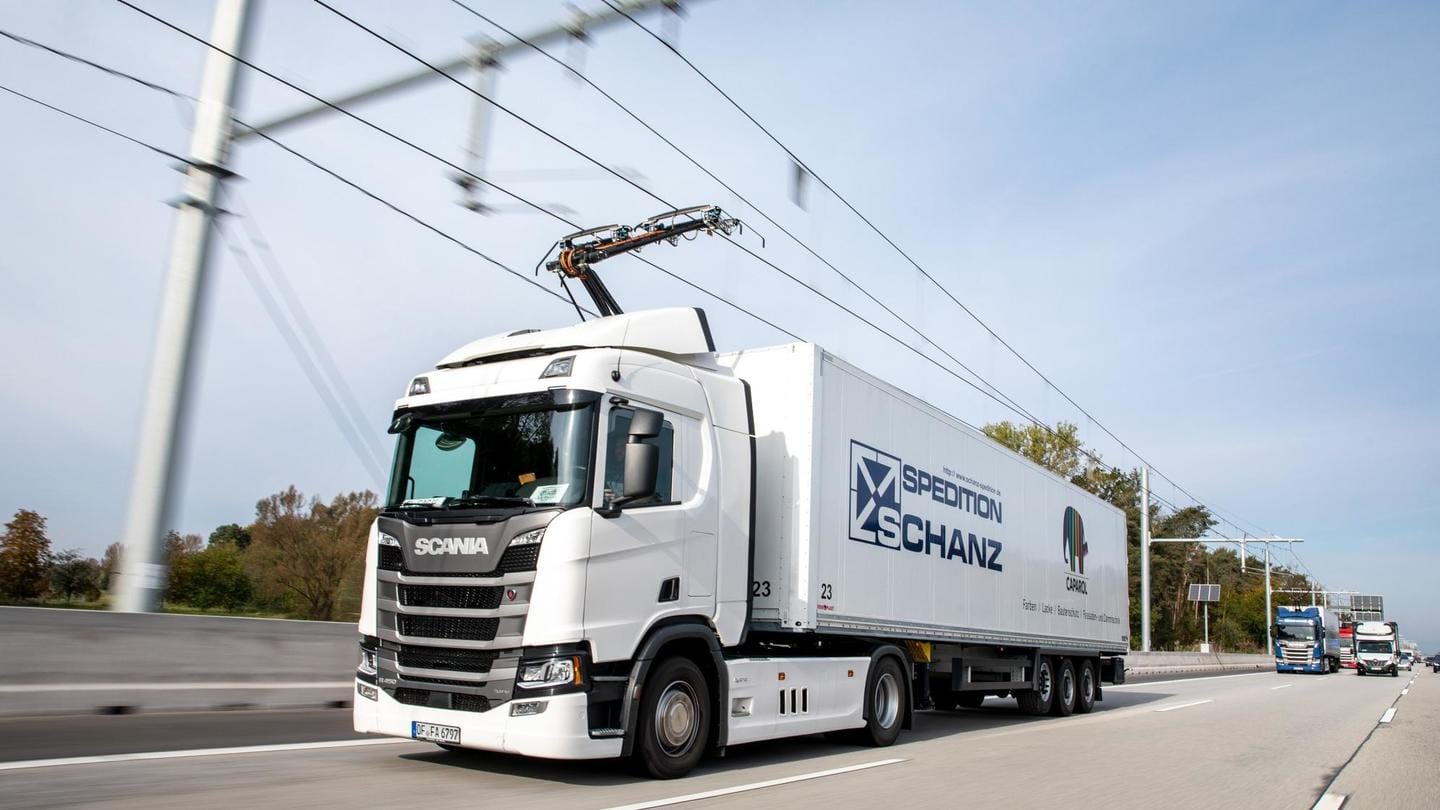
Solar-powered electric highways to come up in India: Gadkari
What's the story
At an event organized by the Indo-American Chamber of Commerce (IACC), Union Minister for Road Transport and Highways, Nitin Gadkari said that the Centre is working on the development of solar-powered electric highways.
They will be used for charging heavy-duty trucks and buses. An overhauling of India's public transportation system, which involves the switch to electricity, is also on the government's mind.
Official words
Centre encouraging solar/wind-based charging mechanisms for e-mobility'
Describing how the Union Government plans to commit to green mobility, Gadkari said, "The government is strongly encouraging solar and wind energy-based charging mechanisms for electric mobility."
"We are also working on developing electric highways, which will be powered by solar energy and this will facilitate charging of heavy-duty trucks and buses while running," the transport minister added.
Hopes
PM Gati Shakti Master Plan will ensure faster project clearance
The minister said that the Centre is encouraging solar energy-powered toll plazas.
Meanwhile, the road ministry is constructing 26 greenfield expressways. This is being done to promote job creation and improve economic activities.
Finally, route optimization exercises are also being conducted across major corridors. Once the PM Gati Shakti Master Plan is introduced, projects will be cleared faster and logistic costs will be lowered.
Mechanism
What are electric highways and how do they work?
Electric highways are roads that supply power to the vehicles traveling on them. The compatible vehicles either draw electricity from overhead power lines or use power lines set into the road itself.
In the latter, the electric cables and electromagnetic transmitters buried beneath the roads generate electromagnetic fields.
The generated current is then absorbed by a coil inside the vehicle, which charges its battery.
Information
Where are such roads available?
The world's first electrified road was introduced in Sweden in 2018. It recharges the batteries of the vehicles driving on it. Similar roads are also there in Germany and South Korea. In India, the 200km Delhi-Jaipur stretch of the Delhi-Mumbai Expressway will also be electrified.